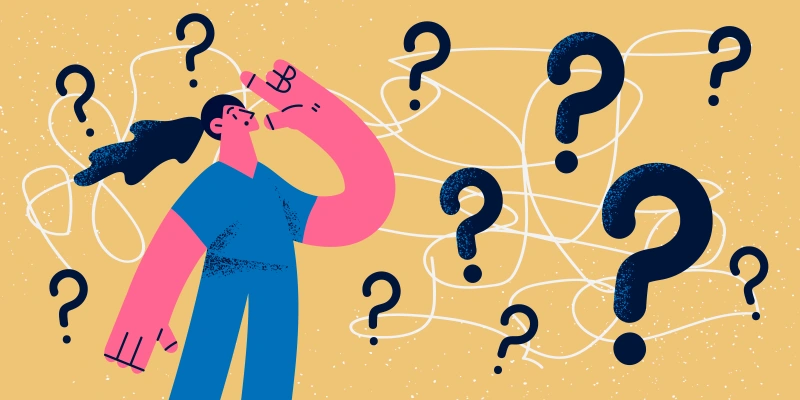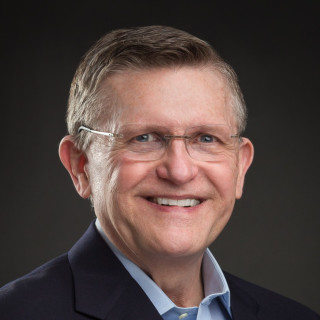
I was on my pediatrics rotation at a local community clinic. My attending asked me if I could see Robert, an elementary-age boy who had been experiencing increasing fatigue since the start of the school year. I walked down the hallway laden with paintings of Amazon animals and knocked on room 13.
"Good afternoon, Ms. Thompson, my name's TJ and I'm the medical student helping out today. Is this Robert?"
"Hi, TJ, yes, this is Robbie, sorry if he doesn't talk much. He gets more tired as the day goes on."
"Hey, Robbie, my name's TJ. How have you been feeling, buddy?"
"I feel tired … "
"When did you start feeling tired?"
"I don't know ….”
Robbie immediately looked up to his mom and embraced her. A stream of tears silently fell from his eyes. I reached for a box of tissues and handed it to Ms. Thompson.
"It's been extremely tough on him. We had to pull him from his after school football. Robbie told me that his classmates are making fun of his sleepiness in class. His teachers are concerned because of his falling grades."
"I'm so sorry he’s going through this hard time … it must be hard for him."
"It has been hard; we're just hoping we can find out what is going on soon."
"I am hoping for the same. Who have y'all seen so far about this?"
"We've been to a few private doctors and they all say that he's tired because he's a kid doing kid things. Video games, TV — but the problem with that is we took his TV out of his room and he is still feeling tired, even more now."
When I walked out of the room, I went to my desktop computer and reviewed Robbie’s chart. Past resident notes from different clinics all said more or less the same thing: Robbie’s fatigue was caused by playing video games, watching TV late at night, being overweight. I knew deep down that I did not ask all of the right questions, so I walked back down the hallway to room 13.
"Hi, again, Ms. Thompson. May I ask you a few more questions?"
"Sure, of course."
"Thank you. Do you or dad have any history of blood disorders? Like sickle cell anemia?"
"Actually, yes, not sickle cell but I have beta thalassemia. I don't have any of the symptoms."
"That's interesting. Do any other family members have thalassemia?"
"My father and grandpa had it and passed, and now that you mention it, Robbie’s aunt on his father's side has the sickle cell trait."
"Has Robbie ever been tested for beta thalassemia or sickle cell?"
"I don't believe so. Do you think that is what is causing him to be drowsy a lot of the day?"
"It could be. Give me a few minutes to talk with my attending and we'll come back to see you both."
I went to find my attending.
"So, TJ, what have you got?"
"Robbie’s a young boy with a year-long duration of increasing fatigue. He’s seen doctors without getting a conclusive answer but after talking with Ms. Thompson, I think it’s possible he is anemic, based on family history.”
"Wow. So no one has looked into a possible genetic cause before today?"
"Not until now. Here is the family tree I drew with Ms. Thompson’s help."
Dr. Connors took a hard look at the tree and looked back at me.
"So, I guess this isn't late night TV binges or video games. What do you want to do for Robbie?"
"Right now, I would recommend diagnostic testing: blood work with DNA analysis to check for thalassemia and sickle cell. Avoid foods heavy in iron and any iron supplements as a precautionary measure if Robbie does have thalassemia. Also, to get a flu shot today."
"I agree with your plan, let's go talk to the mom."
The two of us made our way back to room 13.
"Hi, Ms. Thompson, this is my attending, Dr. Connors. May we speak with you for a bit?"
"Yes, of course! What do y'all think is going on?"
"We suspect that because of your family history with thalassemia and sickle cell trait it could be something abnormal with Robbie’s blood that is causing him to feel more tired than normal."
"That would make sense. I guess I hadn’t thought about that as a possibility because no one in the family has symptoms, but many of us have it, if that makes sense."
"That makes sense, absolutely. Sometimes a person may have a condition and not show physical symptoms. For others the symptoms do manifest. But we have a plan."
After I shared the plan with Ms. Thompson, she enthusiastically agreed and hugged us.
"Thank you both so very much."
"Let's follow up in a week or so once we get the lab results back. We'll give you a call to schedule."
As I watched Robbie walk down the hallway clutching his mom's hand, my heart melted.
It was the first time something I learned in the lecture hall made a difference in a patient’s life. It was the first time I felt I truly helped a patient. It was when I decided to go into internal medicine. I realized I wanted to build long-term, meaningful relationships with people of all ages, from all backgrounds. The most selfish thing you can do is help other people — because it is so gratifying to help others.
Ton La, Jr. is a MD/JD candidate at Baylor College of Medicine and the University of Houston Law Center applying to internal medicine residency programs. He sits on the American Medical Student Association Board of Trustees as the Vice President for Membership and previously served as the Student Editor of The New Physician.






